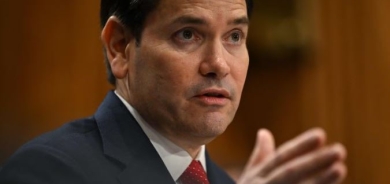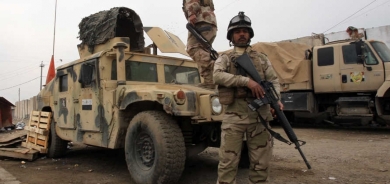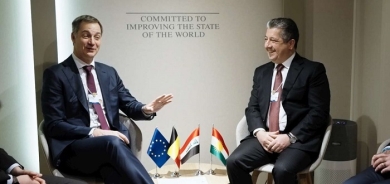A soap bucket challenge… to prevent Ebola

The “Bubbles against Ebola” video campaign is a twist on hugely popular “Ice Bucket Challenge” which was designed to raise awareness and donations for the ALS Association, which funds scientific research into amyotrophic lateral sclerosis, better known as Lou Gehrig’s Disease.
In Brou’s version, those who accept the challenge don’t make a donation; they commit to distributing hydro-alcoholic hand gel — which disinfects skin — to the three persons they nominated once the challenge is completed. If, on the other hand, a nominated person refuses, they must distribute nine hand gels. A number of Ivoirians have accepted the challenge and filmed themselves dunking bubbly buckets of water over their heads.
Édith Brou started the “Bubbles Against Ebola” concept. She leads an online communications agency and is also a journalist and blogger.
I felt that the “Ice Bucket Challenge” might reach Ivory Coast, and since Ebola is at the country’s doorstep, I thought it might be more useful to launch a similar campaign against the virus. Rather than keep the bucket of ice water, I figured it would be better to use bubbles: in its prevention campaign, the government highlighted the importance of maintaining very good personal hygiene. I wanted to suggest a more “extreme” version of this advice by pouring a bucket of bubbly water over one’s head.
Of course, there is no way to ensure that those persons that accept the challenge will actually distribute the hand gels. Personally, I took a picture with the people I was giving the hand gel to and posted that online, in the hopes that it’ll encourage others to do the same.
Even though there have been no cases yet, there is a growing psychosis regarding the arrival of Ebola in Ivory Coast. People are avoiding physical contact as much as possible and are much more careful about what they are eating. In church, people no longer receive the communion wafer; now, a simple hand gesture toward the priest suffices. We know the virus will get here; the question is when.
In parallel with this initiative, and with the same goal of awareness-raising, journalist Israël Yoroba wrote a song and posted a music video online earlier this week. “I reworked the main safety directives provided by the government and used them as lyrics written in French that would be understood by everyone”, he told FRANCE 24. He further specified that the song is not copyrighted in order to allow it to be disseminated widely.
Additionally, Yoroba explained that he is preparing a pamphlet with pictures showing the actions required to mitigate the risks of contracting the virus. “The government is focusing its campaign on the media and the Internet. Our idea here is to distribute these pamphlets by going door-to-door in order to educate people who may not have regular access to the Internet, television or radio”. He is seeking funding to print as many pamphlets as possible and volunteers to distribute them and educate the population.
The Ivoirian government has been expanding its efforts to educate its citizens. A website shows the steps necessary to prevent contracting the virus and provides a phone number for a hotline to call in case of Ebola-like symptoms. Text messages have also been sent to Ivoirians to encourage them to visit the site.
The Ebola virus appeared in Guinea in March and then spread to Liberia and Sierra Leone. As of August 18, the World Health Organisation said 1,427 had died from Ebola, but underlined that the real number may actually be much higher.
France24














